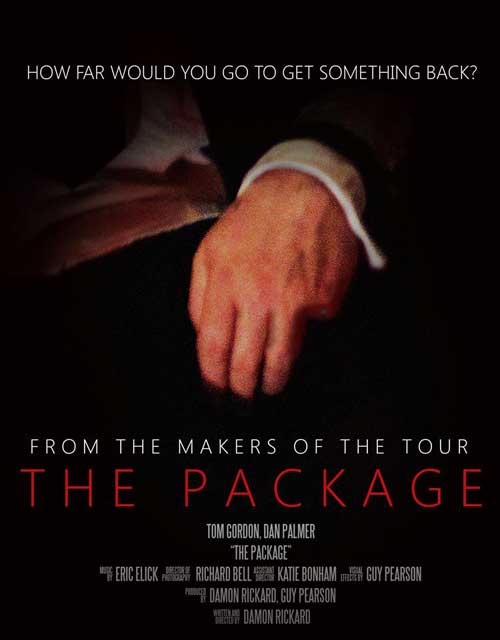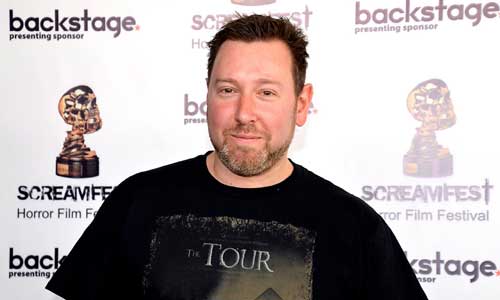KAYLEIGH MARIE EDWARDS talks to The Package’s director Damon Rickard about whether evil is ever justified

New short film The Package is one that promises to wobble that usually sturdy arrow on your own moral compass.
From Damon Rickard, the writer/director of The Tour, comes the age-old question of good and evil… or rather, what is evil anyway?
The story revolves around two men, one of whom believes the other has stolen something of great importance from him, and his desperation to retrieve it. How far will this man go? How far could any of us go? – That is the question Rickard poses within the theme.
Due to be filmed in Portsmouth in an atmospheric, Victorian location, this short holds great British appeal, but the theme relates to a worldwide audience.
As a society, we are often presented with situations that concern the matter of right and wrong, good and evil.
But is it really so black and white?
The Package puts the audience in the position of questioning that very notion: is an action evil if it is justifiable? Is the person committing the action evil, or just pushed into an impossible situation? Where is the line? Is there even a line, given the right set of circumstances? Can any of us really promise, if only to ourselves, that we’re not capable of unthinkable evil, if we were we backed into a corner? In this story of two men, that line, as we so often find in real life, is blurred.

Rickard highlights the question of such moral ambiguity with a mention of Pierre Morel’s Taken. Bryan Mills (Liam Neeson) goes on a one-man mission to save his kidnapped daughter before she is lost in the dark world of sex trafficking forever. We cheer him on as with each criminal he takes out, he gets one step closer to tracking her down. However, without the context, as Rickard so rightly points out, it’s just a film about a man who goes on a murderous rampage.
In this modern world of technology, Rickard tells me, it is so easy to judge and verbally attack others, especially from behind the safety of a keyboard. Rarely do we know both sides of a story before we choose one, and if we did, would that change our perception of the situation and the people in it?
When asked what message he hopes the audience will take home, Rickard answers that he would “like to convey the way we judge things”, and adds that we shouldn’t judge others when we’re not in their position. “So,” he finishes, “Judge less, praise more and be more understanding. I guess it (The Package) is a violent promotion of peace.”



